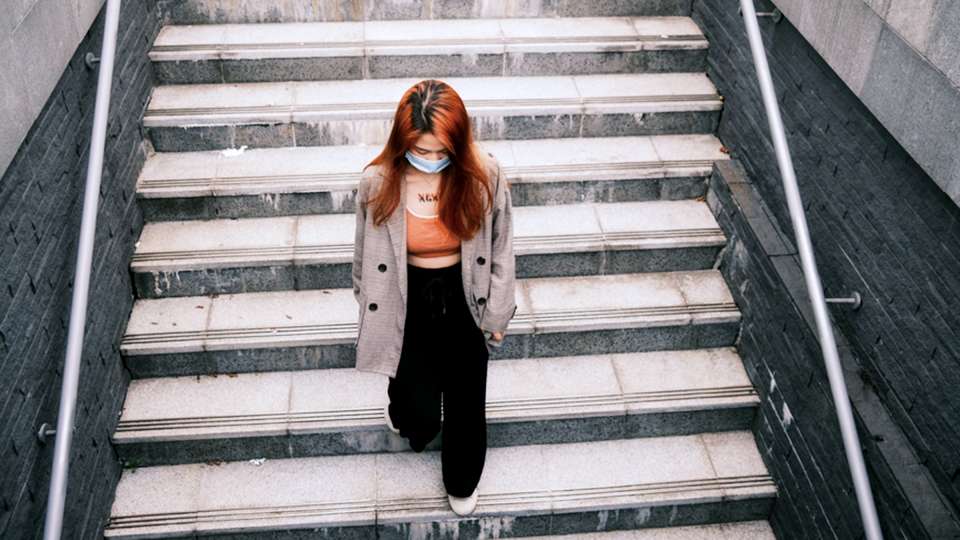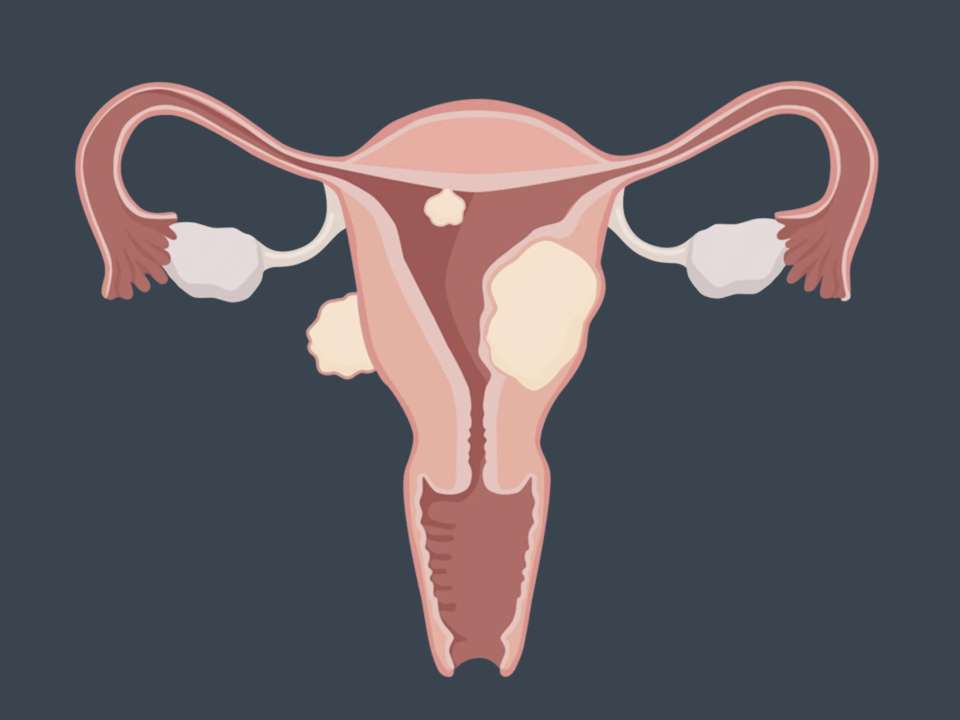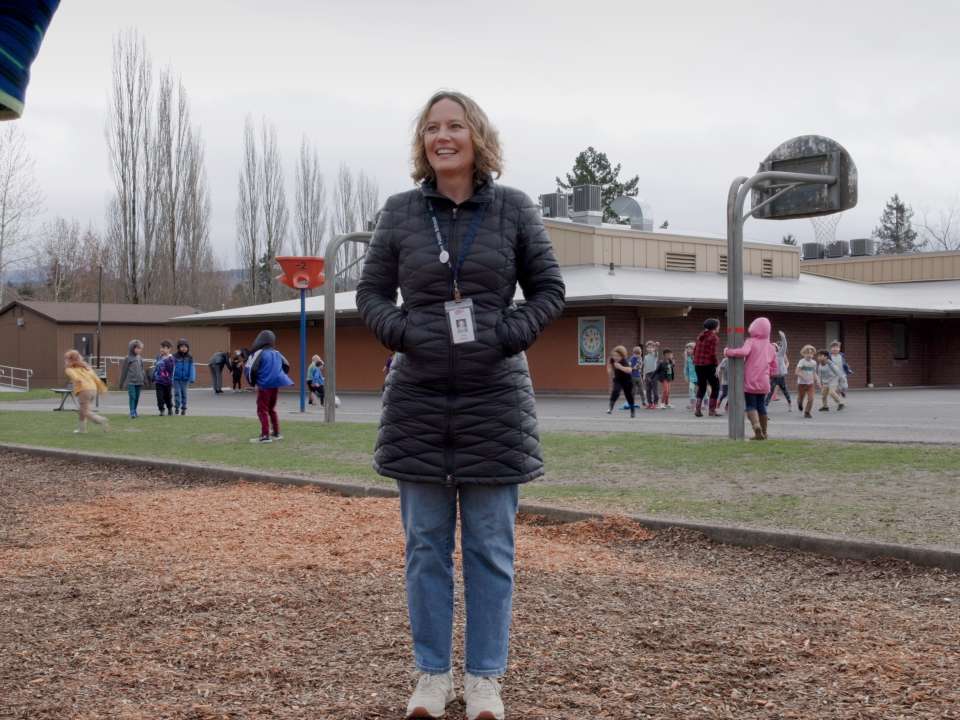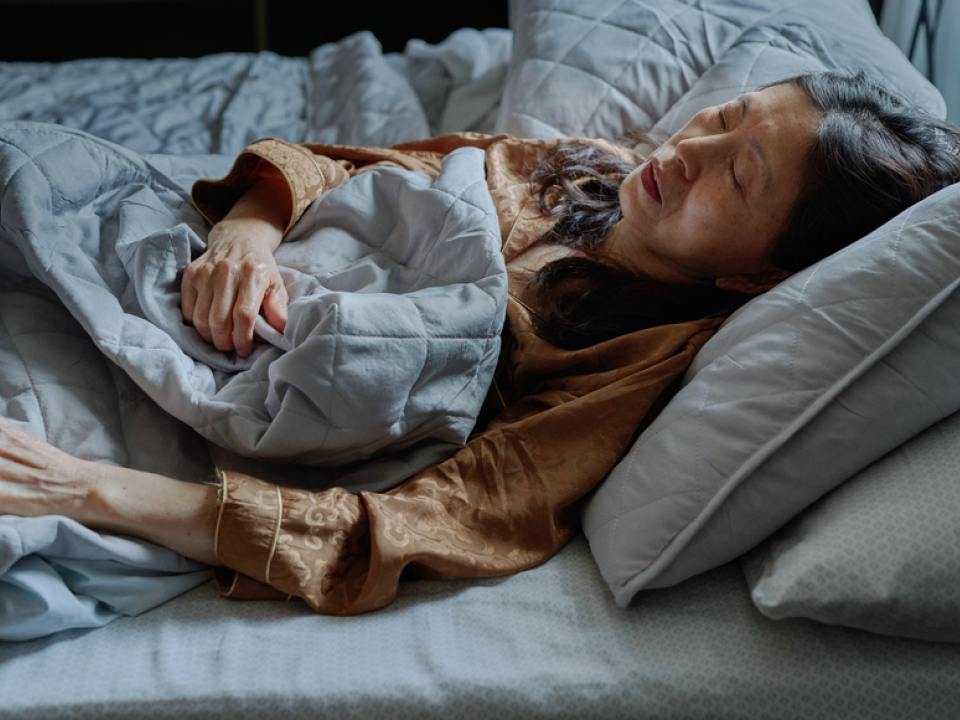
So, you had COVID-19, and now you have questions.
Whether you’re wondering when you can return to normal activities or how to cope with lingering symptoms, UW Medicine infectious disease and long COVID-19 experts have answers.
After testing positive for COVID-19, how long does it take before you aren’t infectious?
The amount of time someone is infectious after getting COVID-19 varies from person to person, says Dr. Santiago Neme, an infectious disease expert at UW Medical Center – Northwest.
Follow these guidelines from Seattle - King County Public Health to keep everyone around you safe:
- If you test positive for COVID-19 or have symptoms after being exposed to COVID-19, isolate for at least five days. If you test positive, day one is the first full day after you receive the positive test. If you were exposed to COVID-19, day one is the first full day after you develop symptoms.
- After day five, you can leave your home if you don’t have symptoms and wear a well-fitted mask for an additional five days.
- If you still have a fever after day five, continue to isolate until your symptoms have improved and you no longer have a fever.
“Typically, the highest point of infectivity is within the first five days,” says Neme. “But if you can, isolate for 10 days because it is still possible to shed virus after day five and especially before day seven.”
Neme also notes that if you are immunocompromised, you may be infectious for a longer period of time, so talk to your doctor to see if you need to isolate for more than five to 10 days.
What should you do if you recovered from COVID-19 but are still testing positive?
It’s stressful to get a positive COVID-19 test after recovering from the disease, but depending on when you take a PCR test, the result may not be what you think.
“A PCR test can remain positive for up to 90 days after initial infection,” Neme explains. “So, people who want to have proof that they are over COVID-19 shouldn’t seek repeat PCR tests because it might remain positive. It’s not that you have the disease, there might just be viral particles that are not active.”
This is a case of good news, bad news. The downside is there isn’t a test you can take to confirm you are cured of COVID-19. The upside is if you retested for COVID-19 right after your symptoms cleared and you received a positive PCR test, you likely do not have the disease.
Instead of relying on a PCR test to determine if you are truly over COVID-19, follow the guidelines noted above and isolate for five days or until you no longer have a fever. This way, you can be sure you have recovered from the disease before you resume normal activities.
Does getting COVID-19 protect you from future infection?
The short answer: No.
The (still short) long answer: Even if you’ve had delta or omicron, and even if you are vaccinated and boosted, you can still get infected with COVID-19 in the future.
“We know people who got infected with delta and a month later had omicron. We know that immunity you have on a given variant is not necessarily going to protect you for future variants,” Neme says.
Recovering from COVID-19 does leave you with antibodies that help reduce the risk of future infection, but this protection isn’t bulletproof. Getting vaccinated and boosted provides even greater protection for yourself and others from severe illness and death from COVID-19, as well as some protection from long COVID-19, but even so it is still possible to get reinfected.
Should you get vaccinated or boosted after having COVID-19?
Yes, it is safe and recommended to get your vaccine and booster as soon as you recover from COVID-19, even if you received monoclonal antibodies while you were sick, Neme says.
People who remain unvaccinated after having COVID-19 are twice as likely to get reinfected as vaccinated people, meaning getting the vaccine after you recover will help you avoid getting COVID-19 again in the future.
When you get the vaccine and booster, it also helps protect people around you from being exposed to the virus, which can be lifesaving for those who are at higher risk of severe illness and death from COVID-19, including people who are unvaccinated or those who despite being vaccinated have a lower response to vaccines because they are immunocompromised.
“Vaccination is a plural exercise. It’s not something I just do for myself, it’s something I do for myself, my community and my family,” Neme says.
How do you know if you have long COVID-19?
There isn’t a test you can take to be diagnosed with long COVID-19. Instead, the determining factor is the length of time you experience symptoms after getting the disease.
“Long COVID-19 is a variety of symptoms people experience a month or longer after being initially infected with COVID-19,” says Dr. Janna Friedly, who sees long COVID-19 patients at the Post-COVID Rehabilitation Clinic at Harborview.
Friedly says there are more than 200 reported symptoms associated with long COVID-19, the most common of which are fatigue; brain fog or feeling confused and forgetful; difficulty sleeping; headaches and muscle and joint pain; and shortness of breath with physical activity.
She also notes there is an association between the severity of your symptoms and whether you develop long COVID-19. The milder your case, the less like you are to get long COVID-19 — though it is possible. This is another reason to get vaccinated and boosted, as vaccinated people are more likely to have a mild case of COVID-19 if they do get the disease and less likely to develop long COVID-19.
“What we can say is there are certainly cases of people with mild COVID-19 originally who are developing long COVID-19; however, it is much more likely to have severe long term complications the more severe the initial COVID-19 was,” Friedly says.
One common symptom that isn’t an indicator of long COVID-19 is a lingering cough that lasts four to eight weeks after infection.
“Coughing after a respiratory illness is common,” Neme says. “Basically, there is bronchial inflammation that lingers whenever you have a bad cold, the flu or respiratory viruses like the coronavirus. You might have an isolated cough, but I wouldn’t call that long COVID-19.”
What should you do if you have long COVID-19?
If you are concerned about long COVID-19, start by talking to your primary care doctor, who will help address the specific symptoms you are dealing with. If you’re in the Seattle area, you can also connect to UW Medicine’s Post-COVID Clinic, where experts in multiple specialties work together to treat people with long COVID-19.
“There is not one specific treatment for the symptoms of long COVID-19,” Friedly says. “Treatment needs to be tailored to each individual to help people recover.”
Your doctor will help you with coping strategies to address the specific symptoms you are experiencing. This may look like strategies to reduce inflammation, behavioral and lifestyle changes to improve fatigue or breathing exercise to address feelings of breathlessness.
While the treatment for these symptoms varies, the most important thing is to have continued support.
“Long COVID-19 is real, and it affects many people. For people still struggling, talk to a doctor. In general things get better: There is help for you,” Neme says.
The info in this article is accurate as of the publishing date. While Right as Rain strives to keep our stories as current as possible, the COVID-19 pandemic continues to evolve. It’s possible some things have changed since publication. We encourage you to stay informed by checking out your local health department resources, like Public Health Seattle King County or Washington State Department of Health.

 Healthy ideas for your inbox
Healthy ideas for your inbox





